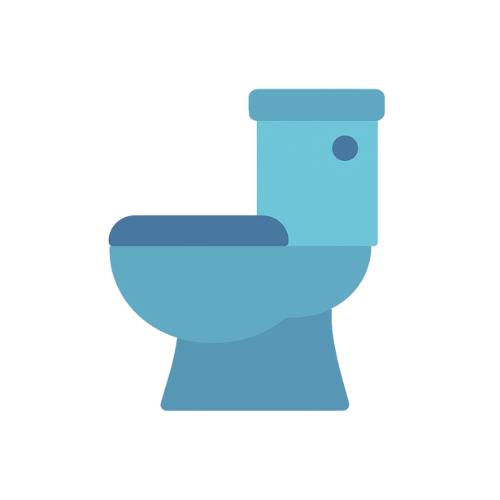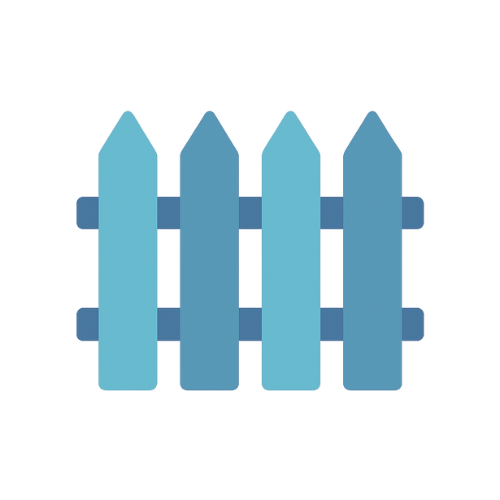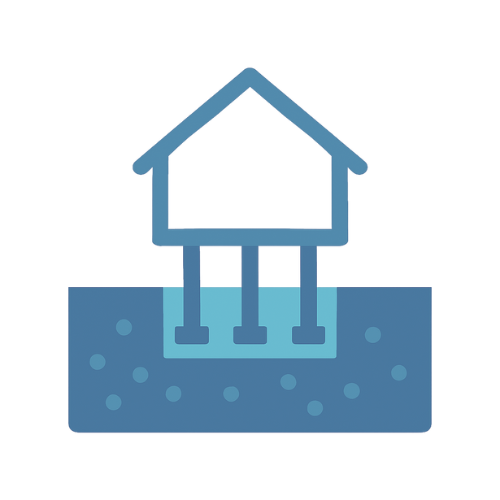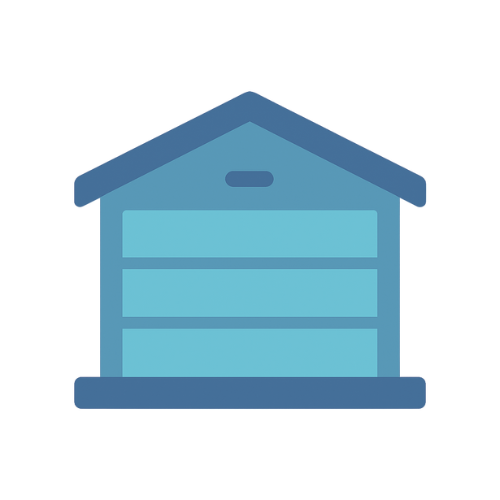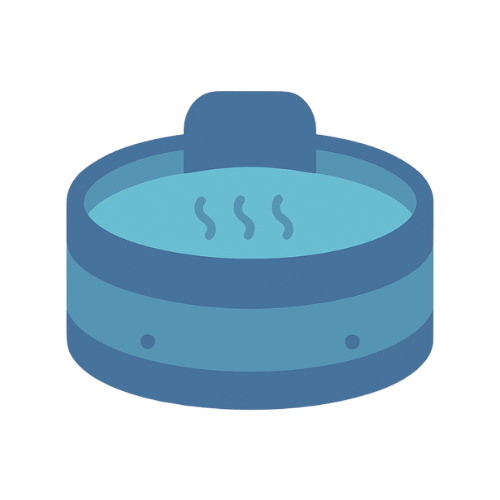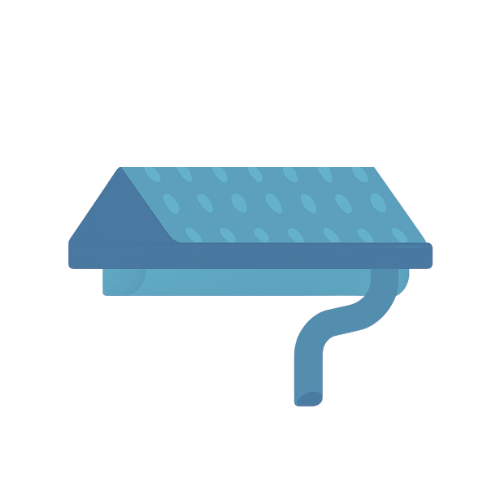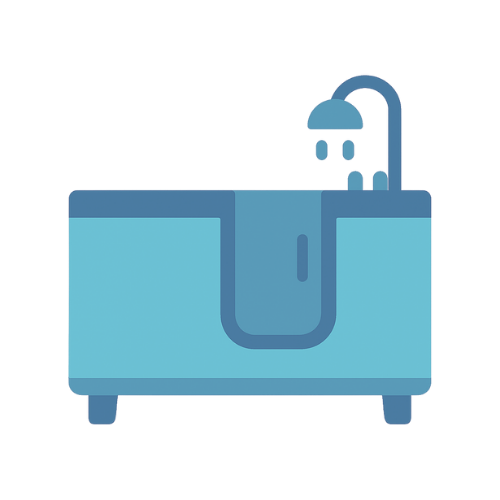Essential Leaf-footed bug Information

Types of Leaf-footed bugs
Leaf-footed bugs (family Coreidae) are a diverse group of true bugs easily recognized by their leaf-shaped hind legs and long, slender bodies. While many species share similar features, they vary in size, color, and behavior. Below are some of the most common types of leaf-footed bugs found in the U.S.:
1. Leptoglossus phyllopus (Eastern Leaf-Footed Bug)
This is one of the most widespread species in the southern and eastern United States. It is about 0.75 inches long, dark brown or black, with a white zigzag line across its wings. It's commonly found feeding on fruits, vegetables, and ornamental plants.
2. Leptoglossus occidentalis (Western Conifer Seed Bug)
Originally native to the western U.S., this species has spread across North America. It primarily feeds on the sap of conifer trees and is often mistaken for a stink bug. They commonly invade homes during fall seeking shelter for the winter.
3. Leptoglossus zonatus
This species is similar to L. phyllopus but typically has two yellowish or orange spots behind its head. It feeds on citrus, tomatoes, pomegranates, and other fruits, making it a significant agricultural pest in warm climates.
4. Acanthocephala terminalis
Larger and bulkier than others, this leaf-footed bug has a thick body and noticeable orange tips on its antennae. It is more often found on trees and shrubs but can also feed on garden plants.
5. Coreus marginatus (Dock Bug)
More commonly found in Europe but occasionally seen in North America, this species feeds on dock and sorrel plants. It has a broad body with more muted colors and less dramatic "leafy" legs.
Why Identification Matters:
Recognizing the type of leaf-footed bug can help determine the severity of an infestation and the best treatment approach. Some are harmless or only mildly damaging, while others can threaten crops and ornamental plants.
If you're noticing these pests in your garden or around your home, early identification and treatment are key to protecting your plants.
Call Us : +1-833-467-2554
Leaf-footed bug Removal Services
What's the best way to eliminate Leaf-footed bugs?
How USA Home Adviser Helps Get Rid of Leaf-footed bugs?
Leaf-Footed Bug Control with USA Home Adviser
Leaf-footed bugs may not bite or sting, but they can become a major nuisance—especially in gardens, orchards, and even indoors as they seek shelter during cooler months. At USA Home Adviser, we provide fast, effective, and environmentally responsible solutions to eliminate these invasive pests and keep them from coming back.
Here's how we help:
Thorough Inspection
We begin with a detailed inspection of your property to pinpoint areas of leaf-footed bug activity. This includes common hot spots like vegetable gardens, fruit trees, ornamental plants, and potential entry points into your home. Our technicians know where these pests hide and breed.
Targeted Treatments
Once an infestation is confirmed, USA Home Adviser applies professional-grade, eco-conscious treatments to eliminate both adult bugs and their nymphs. Our solutions are designed to minimize harm to beneficial insects while providing maximum impact on the pest population.
Exclusion and Prevention
Leaf-footed bugs often enter homes to overwinter. We help seal off access points—like cracks, siding gaps, windows, and door frames—to prevent future intrusions. We also offer expert recommendations for garden and landscape maintenance to reduce their attraction to your property.
Ongoing Monitoring
We offer follow-up visits and seasonal maintenance plans to ensure bugs stay gone. During peak seasons, we adjust treatment strategies as needed to provide long-term protection based on your property's unique needs.
Why Choose USA Home Adviser?
-
Certified, experienced pest control professionals
-
Safe, family- and pet-friendly treatments
-
Proven, science-backed methods for lasting bug control
-
Custom service plans for homes, greenhouses, and gardens
Don’t let leaf-footed bugs damage your plants or disrupt your peace. Trust USA Home Adviser for thorough, effective protection—indoors and out.
